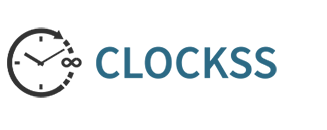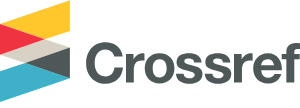Abstract
The primary objective of this study is to assess the level of patients' understanding of the educational program following cholecystectomy. Additionally, the study attempts to determine the correlation between patients' knowledge and their socio-demographic factors. A quasi-experimental design study was conducted at AL Imam Sadiq Teaching Hospital. The study employed a non-probability selection method, namely selecting 30 patients for the study group and 30 patients for the control group. The instrument consists of 14 items. The validity of the questionnaire was assessed by a panel of 11 experts. The reliability of the questionnaire was determined by calculating the Alpha Correlation Coefficient to measure the instrument's internal consistency, resulting in a value of (number). The data was analyzed using descriptive and inferential statistical analysis methods. The study revealed that the patients' level of knowledge in the pre-test was 1.20 for the study group and 1.18 for the control group. In the post-test, the study group had a knowledge level of 1.79, while the control group had a level of 1.25. Furthermore, there was a significant statistical correlation between the patients' employment, level of education, and monthly income, and the effectiveness of the instruction program in improving patient knowledge. The instructional program had a beneficial impact on patients who underwent cholecystectomy, leading to a significant improvement in their dietary knowledge compared to both the case and control groups.
Recommended Citation
Mousa, Haider Naiser and Hassan, Huda Baqir
(2024)
"Instruction Program for Patients with Cholecystectomy Regarding Nutritional Knowledge,"
Al-Mustaqbal Journal of Pharmaceutical and Medical Sciences: Vol. 2
:
Iss.
3
, Article 4.
Available at:
https://doi.org/10.62846/3006-5909.1019






